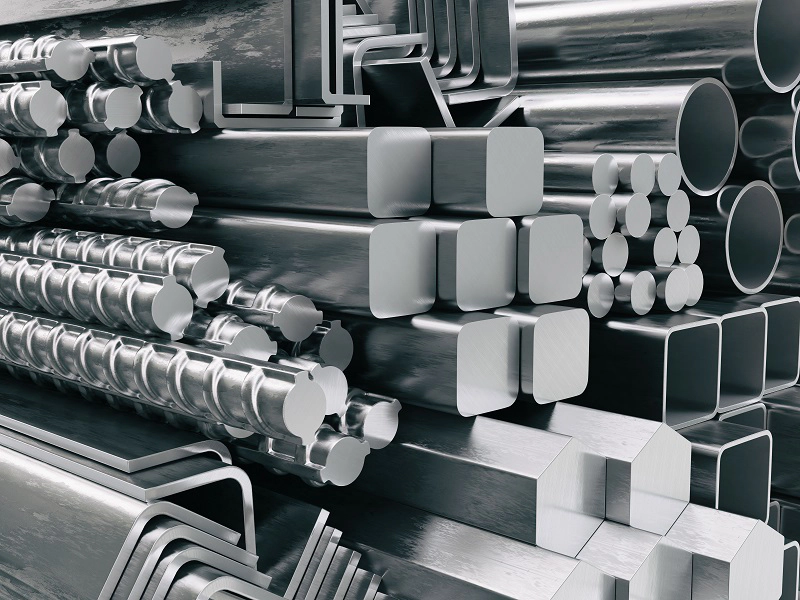
Steel rusts because iron, the main component of steel, is a reactive metal. When iron is exposed to moisture and oxygen, it undergoes a chemical reaction that produces rust, which is a form of iron oxide.
Rust is a flaky, powdery substance that can weaken and corrode steel. It can also make steel more susceptible to other forms of damage, such as cracking and pitting.
Rust Prevention Methods for Steel #
It is possible to prevent carbon steel from rusting. The primary method to prevent rusting on carbon steel is to apply a coating. There are a wide range of coating options that can be applied, including galvanizing, primers, paints, and powder-coats.
These coatings act as a physical barrier that protects the carbon steel from water and oxygen, which are needed for rust to form. Additionally, many of these coatings contain elements that further protect the carbon steel from rust, such as zinc in galvanizing, which causes oxidation to occur on the galvanized coating rather than the underlying carbon steel.
Galvanizing is a process of coating steel with zinc, which is more resistant to corrosion than iron. This can be done by dipping the steel in molten zinc or by electroplating it with zinc.
Painting steel with a durable rust-resistant paint can also help to protect it from corrosion. The paint creates a barrier between the steel and the environment, preventing moisture and oxygen from reaching the metal.
Oiling and greasing steel can also help to protect it from rust. The oil or grease creates a thin film over the metal that prevents moisture and oxygen from reaching the surface.
Keeping steel dry Moisture is the main cause of rust, so it is important to keep steel dry whenever possible. This can be done by storing steel in a dry place or by using a dehumidifier to remove moisture from the air.
Conclusion #
By understanding the causes of rust and the factors that can accelerate rust formation, you can take steps to protect your steel from corrosion and extend its lifespan.
Primary factors that can accelerate the rate of rust formation in steel are: Moisture, Oxygen, Salt and Contamination.
Tip: for indoor applications, maintaining low humidity levels in the environment will also help to slow the formation of rust, as high humidity levels can accelerate the process.









